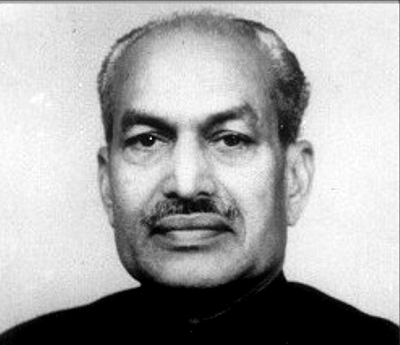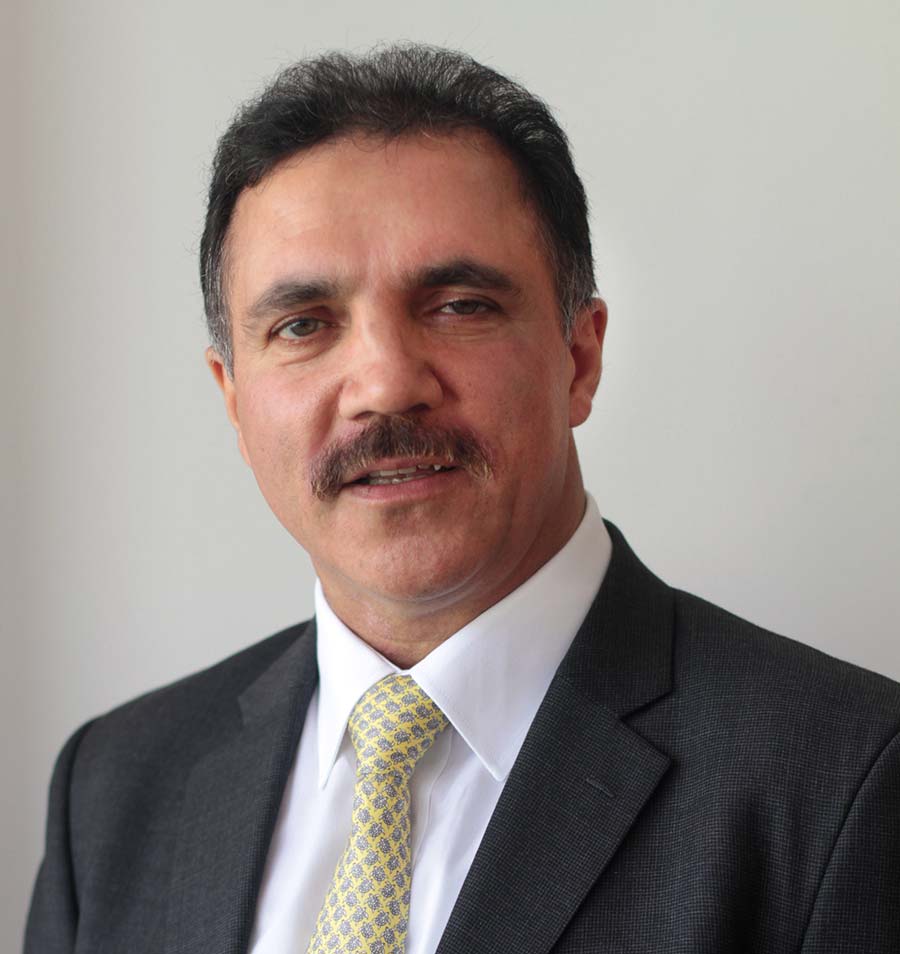 Days before VP Singh government would install Jagmohan as an iron-fist ruler in Kashmir, the outgoing governor was up to something. He was frequenting 7, Race Course Road pleading to turn valley into garrison to throttle the movement at infancy. But the erstwhile army chief who succeeded Jagmohan only to be succeeded by Jagmohan was told: cool your heels!
Days before VP Singh government would install Jagmohan as an iron-fist ruler in Kashmir, the outgoing governor was up to something. He was frequenting 7, Race Course Road pleading to turn valley into garrison to throttle the movement at infancy. But the erstwhile army chief who succeeded Jagmohan only to be succeeded by Jagmohan was told: cool your heels!
Later as he staged a comeback, he was prepared enough to manage the dissenting valley. When the Narasimha Rao government recalled him on March 13, 1993 to succeed Girish Chandra Saxena, he immediately oversaw killing of 10 civilians. As the tenure of the army man-turned-civilian governor staggered on, the survivors recall how the gory theatre kept staging Kashmir’s woe.
For this, Rao was accused acting an army man speaking the barrel language than a civilian head having reconciliation approach. His idea of peace, many say, was to make desolation. Behind the scene, big engagements were happening. AS Dulat was in Kashmir to introduce its anti-hero. Later, the militia brigade did manage ‘democratic’ show. Behind all this was Rao—who survived an IED blast in 1995.
He reportedly hovered gunship-loaded choppers over Kashmir to keep close watch on 1996 polls. No wonder, they say, his bonhomie with Dr Farooq was of a different level.
But before becoming one of the main political protagonists of Kashmir’s rebel canvas, Rao’s trajectory of a military man was imposing. For someone who straight from World War-II landed in Kashmir to confront Afridis, army’s plum postings were always at his disposal. His division participated in 1971 India-Pakistan War.
Such was his stature as army man that he personally received a word from former PM Indira Gandhi that he had been chosen as army chief in 1981. It is he who is credited for initiating modernisation of Indian army—the fact reiterated by union defence minister Manohar Parrikar on his death: we lost one of our best known military leaders. Back in Kashmir, even Omar Abdullah was assertive enough to say: Rao oversaw the end of central rule and the resumption of elected governments.
But Rao, fond of saying, “please accept my wife, and my congratulations”, was indeed Delhi’s emissary in Kashmir. People have started opening up revealing how he told former Prime Minister Chandrashekhar in 1991—who wanted to appoint him as a governor of J&K—that his duty will only be in Kashmir, and nowhere else. Now, we know why!
– Riyaz Ul Khaliq















